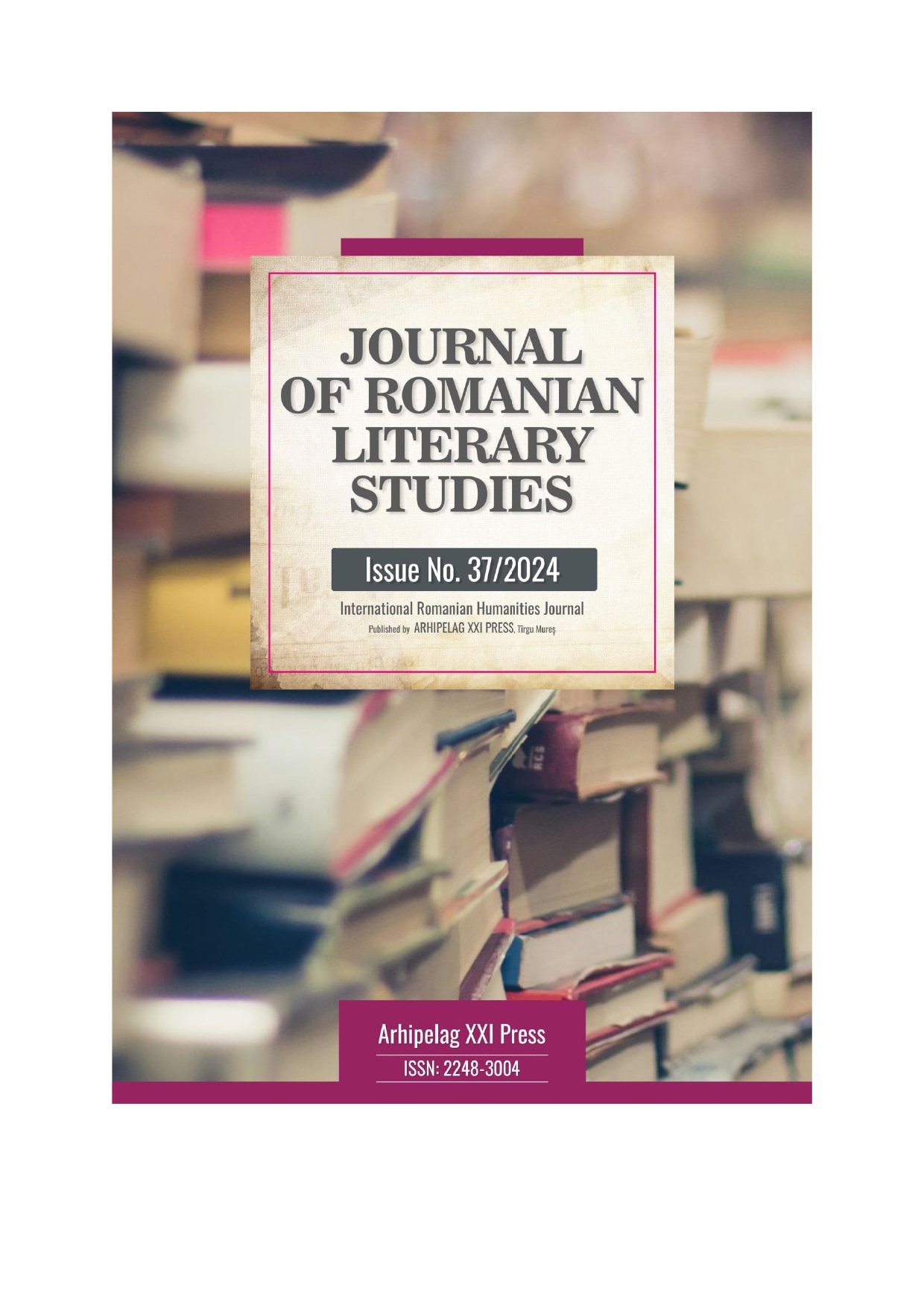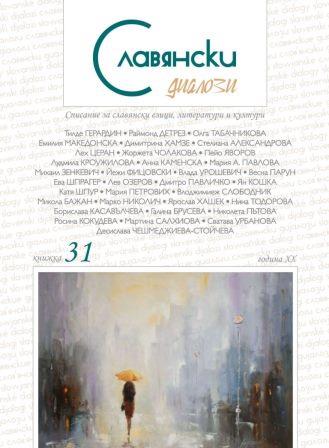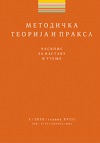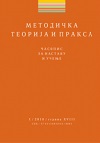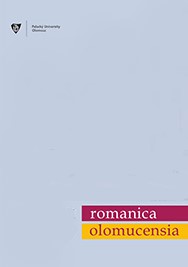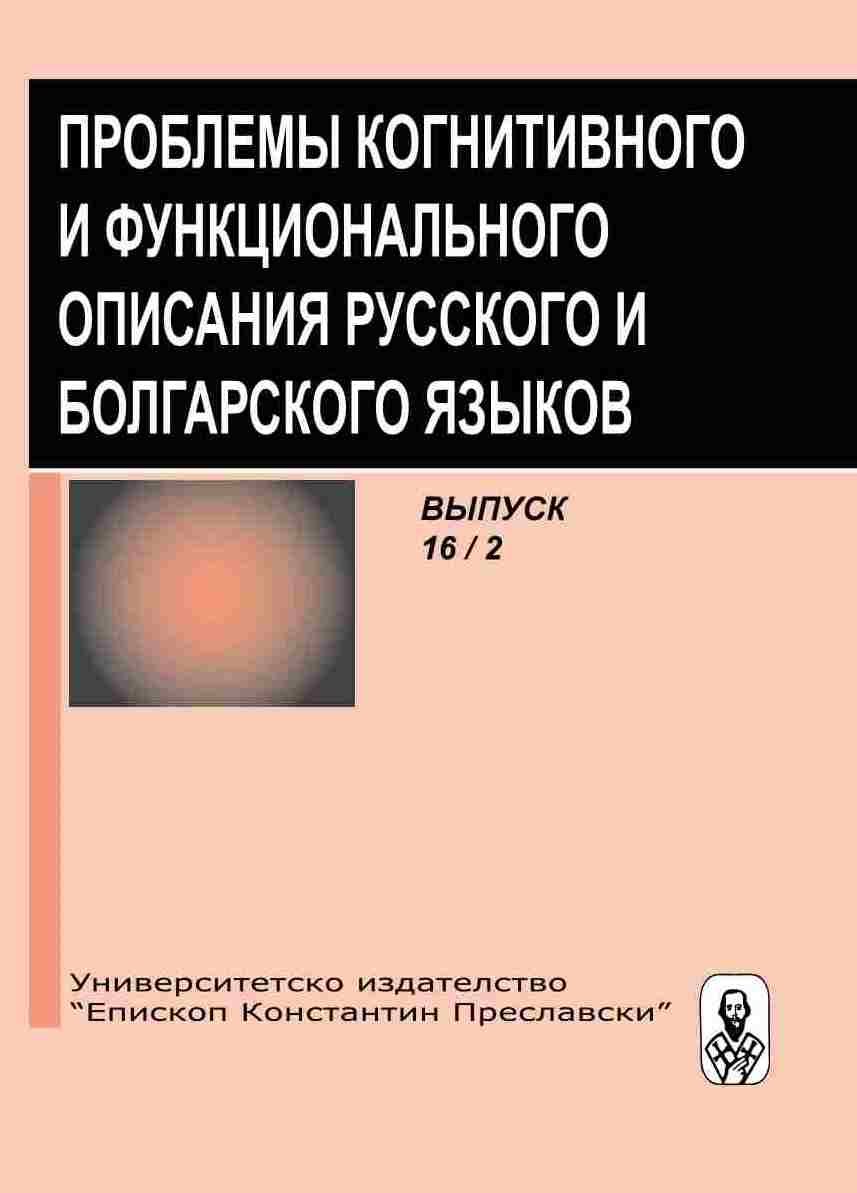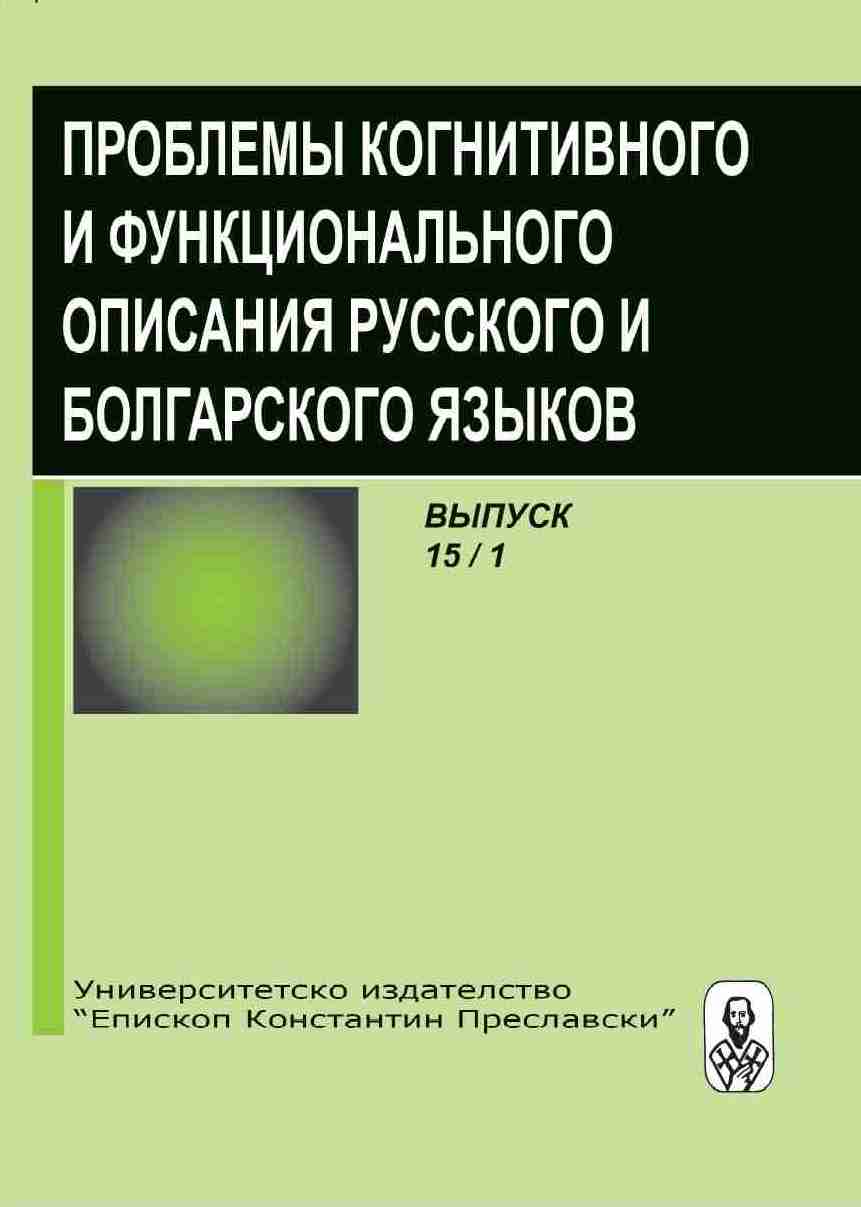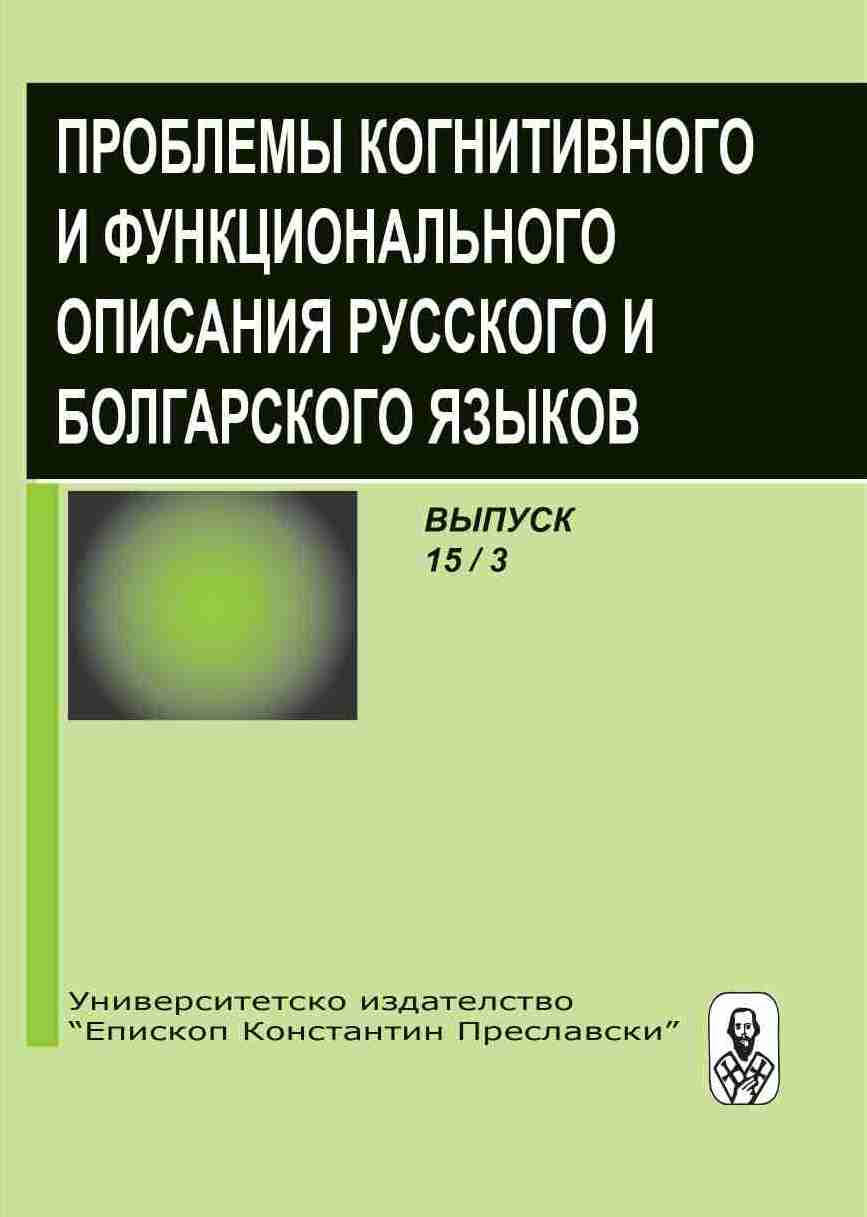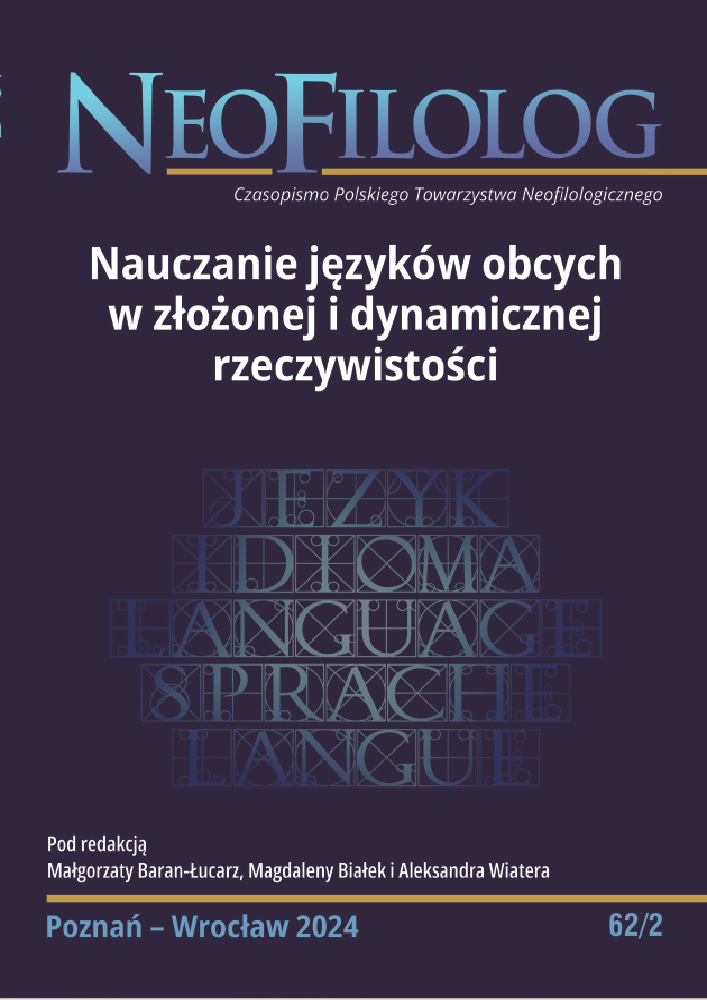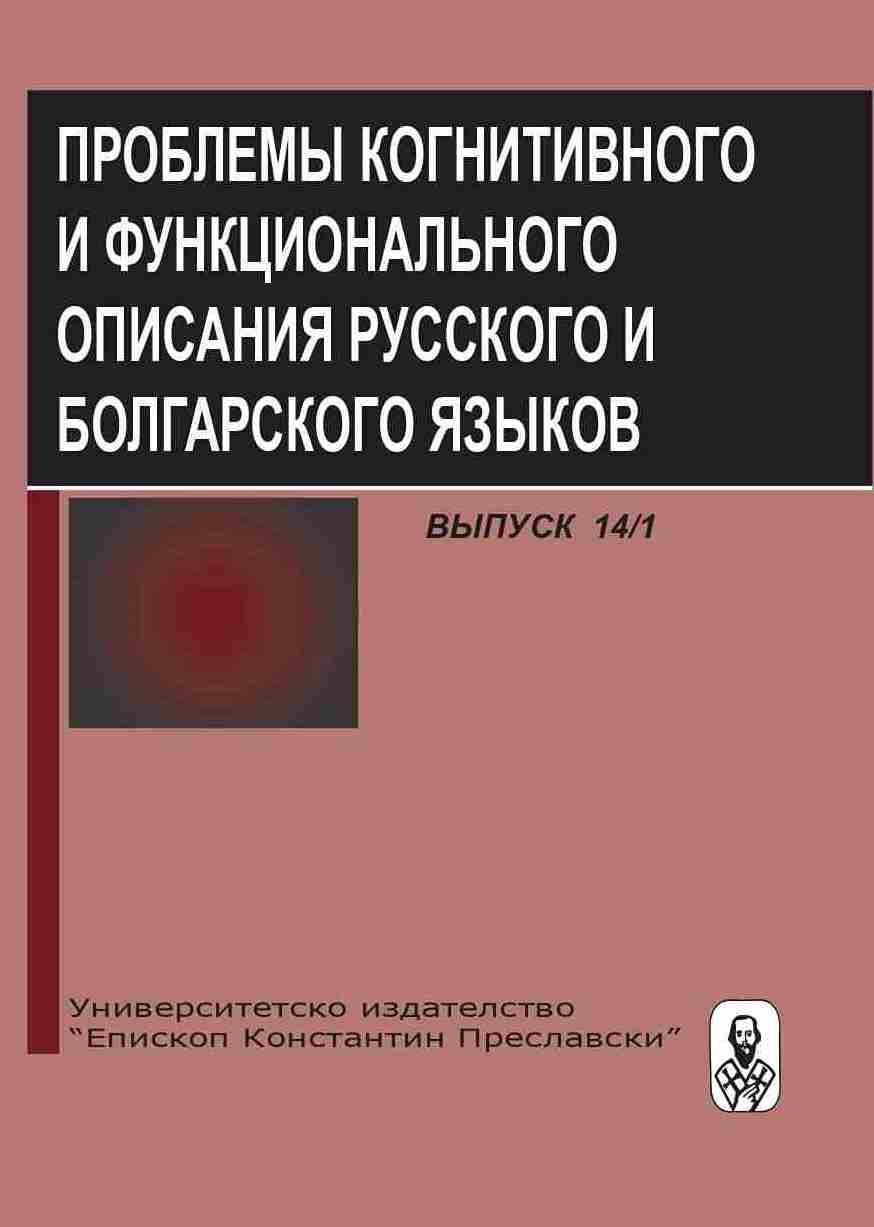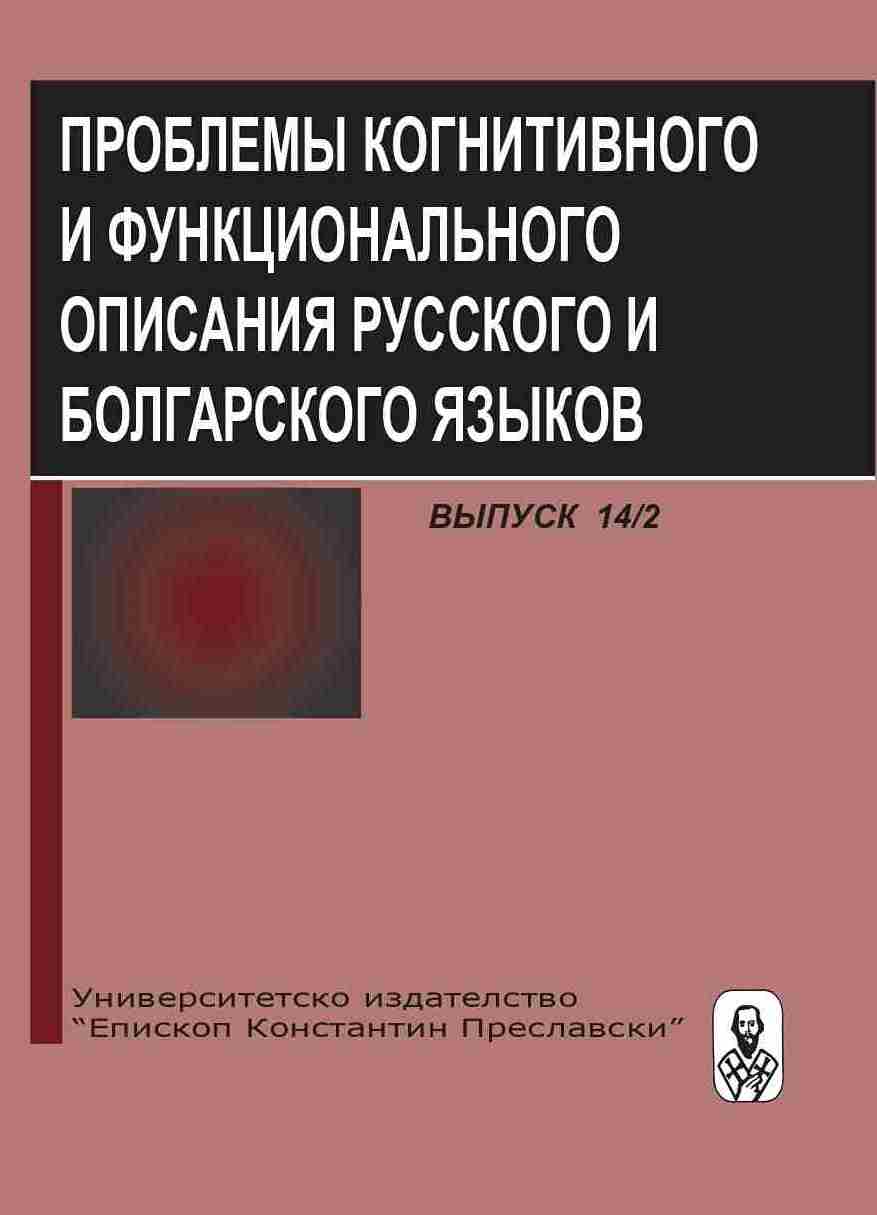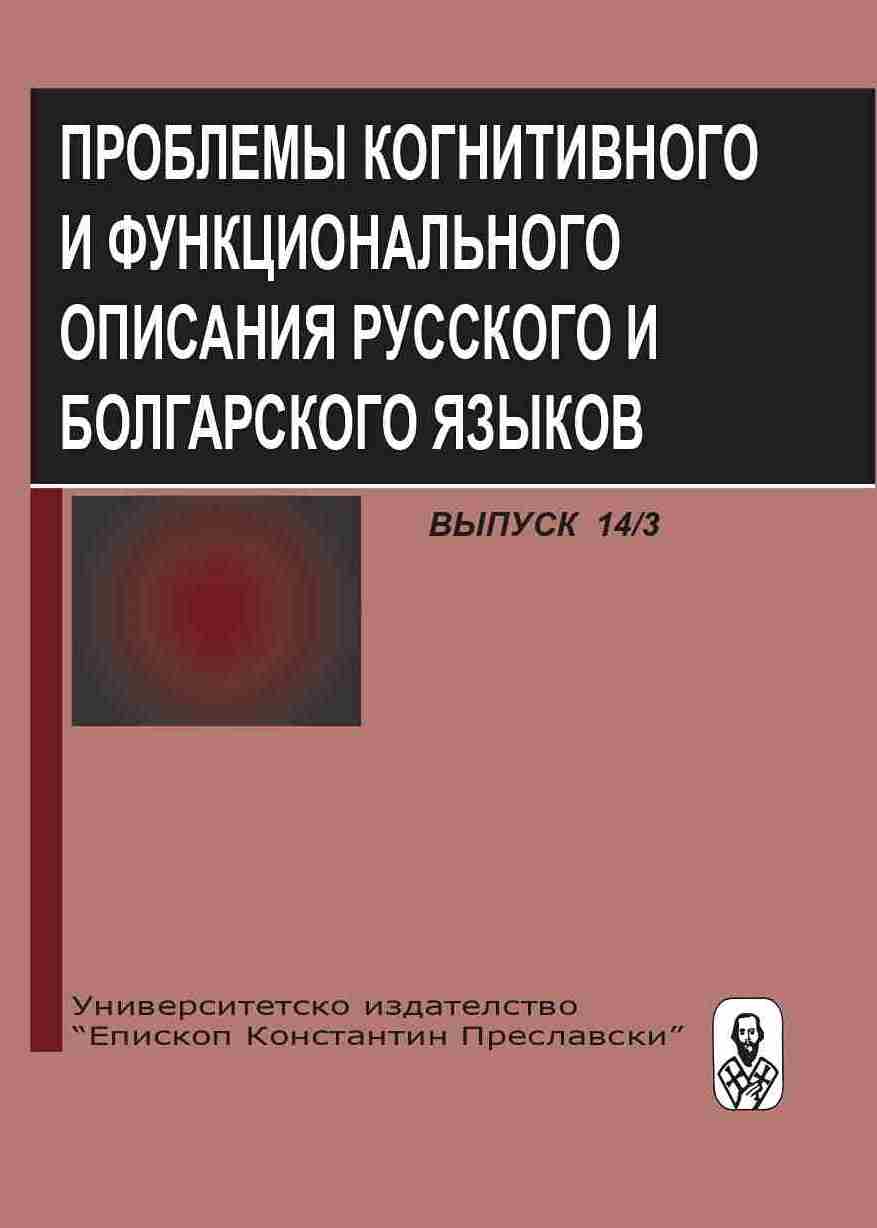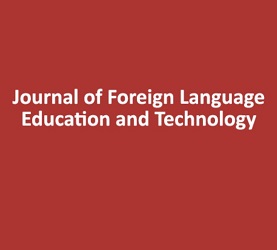
Unlocking Linguistic Horizons: The Mobile Revolution in Language Acquisition
In an age defined by technological leaps, our smartphones have transcended their roles as mere communication devices, evolving into gateways to a vast realm of knowledge and learning. At the forefront of this digital transformation is mobile language learning, a dynamic force that dismantles barriers and democratizes education. In this exploration, we delve into the merits of mobile language learning, underscoring its pivotal role in our pursuit of linguistic mastery. Foremost, the unmatched accessibility of mobile language learning reshapes the learning landscape. The days of burdensome textbooks and rigid language courses that tie learners to specific locations are fading into the past. With language learning apps seamlessly integrated into our smartphones, linguistic enthusiasts can embark on their educational journey at their convenience whether during a commute, a moment of repose, or a quiet evening at home. This flexibility not only accommodates hectic schedules but also transforms idle moments into opportunities for continual growth.
More...
